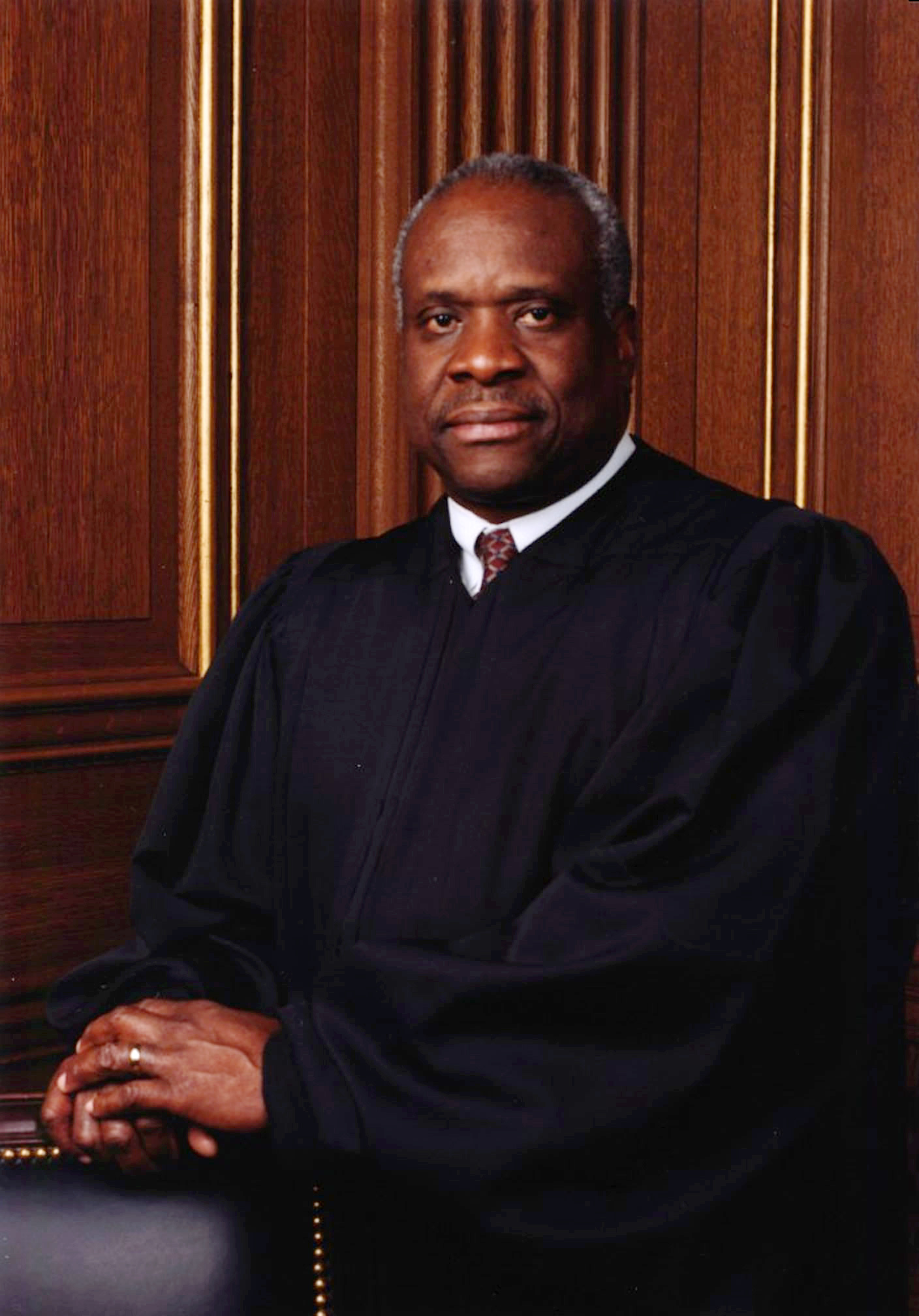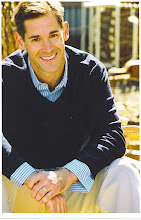
Barack Obama has chipped away at Hillary Clinton's lead in New Hampshire locking the Democrats in a statistical tie a month before the first presidential primary, according to a CNN/WMUR Poll released Wednesday.
Clinton has dropped 5 percentage points since a previous CNN/WMUR survey in November, while Obama has gained 8 percentage points, according to the poll conducted by the University of New Hampshire Survey Center. Clinton is now at 31 percent to Obama's 30 percent. New Hampshire's primary is set for January 8.
Clinton's 5-percentage point drop appears to have been largely due to the loss of support among women.
"Clinton's support among Democratic women in New Hampshire has dropped from 43 percent to 33 percent," said CNN Polling Director Keating Holland. "By contrast, her support among men dropped only 1 point to 27 percent in that same time period."
Clinton is still viewed by Democratic primary voters as having the most experience and the best chance of beating the Republican presidential nominee. But Obama is seen as more likable, more believable and more likely to unite the country.
Among Republicans, the poll reveals that despite Mike Huckabee's meteoric rise in some Iowa and national surveys, the former Arkansas governor has yet to catch fire in New Hampshire. Huckabee remains in single digits at 9 percent, up 4 percentage points from November. But he still trails ex-Massachusetts Gov. Mitt Romney by 23 percentage points.
Romney remains in the lead in New Hampshire with 32 percent, according to the poll, followed by former New York Mayor Rudy Giuliani and Sen. John McCain of Arizona who are tied with 19 percent. Read more @ CNN













































